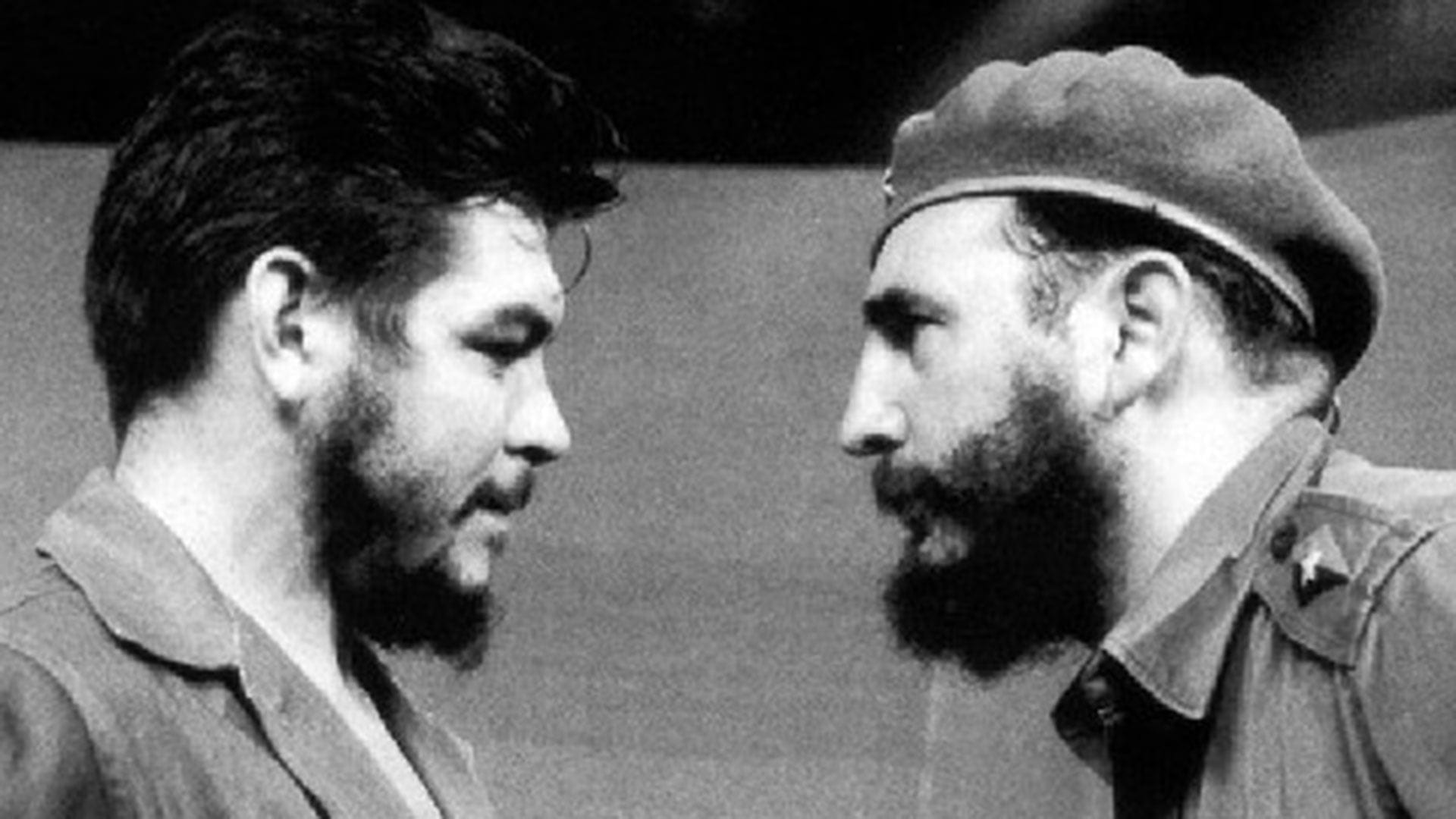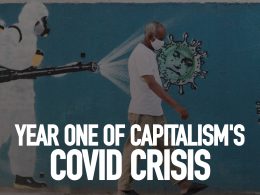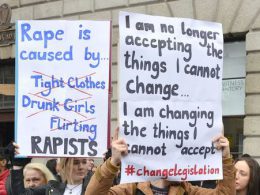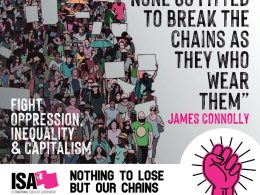
The first volume of a film directed by Steven Soderbergh and starring Benicio del Torro is in the cinemas that depicts the life of Che Guevara, legendary leader of the Cuban Revolution is in the cinema. Viewers of the first film, despite some moments of insight, may well be left underwhelmed by a film that deals predominantly with the period in time in which Che is engaging in guerrilla action in the harsh Sierra Maestra hills of Cuba in the period up to the January 1959 victory of the revolution.
The self-sacrifice of Che in his deep commitment to the cause, his fearless willingness to take action in the name of the latter, and the uncomplaining manner in which he struggled with his crippling asthma all shine through in a film that justifiably presents Che as a heroic and gifted leader. However, the superficial presentation that we are given neglects to enlighten us with Che’s socialist principles that drove his action in Cuba. Furthermore we get no sense of what politicised Che, namely his journey around Latin America that exposed the dire poverty that exists throughout the continent, contrasted with the enormous wealth siphoned off and pillaged by US imperialism and its lackeys.
Cuba, 50 years after the revolution, gives us both a glimpse of the potential of a planned economy, and also an insight into the limits of the guerrilla tactics employed by Che. The planned economy in Cuba has ensured that the free-of-charge public health service, for example, is not only far superior to anything in the neo-colonial world, but, with a ratio of one doctor per 175 of the population, is immeasurably superior to the crisis-ridden Irish health service.
Nonetheless, genuine socialism has never been achieved in Cuba as the economy is not planned democratically by working people, but by a privileged bureaucracy. A lack of democracy is symptomatic of Che’s guerrilla tactics, as a small armed elite do not represent the same basis for building socialist democracy as the mass movement of workers in particular, who, in the struggle to overthrow capitalism can institute the beginning of socialist democracy via establishing workers’ councils as a future means of planning the economy democratically and according to the needs of people.
Che himself, after visiting the Soviet Union, was repulsed by the outlandish privileges of the Stalinist bureaucrats and personally refused to live in anything but the same conditions of average Cubans after the revolution.
Che Guevara’s most appealing characteristic was his unshakable commitment and willingness to make sacrifices for the struggle to change society. Young people today are facing a bleak future of unemployment or woeful wages. The onslaught being waged on living standards of working class people as capitalism faces its biggest crisis in decades, necessitates a struggle for socialism in Ireland and internationally. Young people who are inspired by Che Guevara should take this moment as an opportunity to continue his struggle to bury the rotten capitalist system once and for all and should get active in Socialist Youth today.









